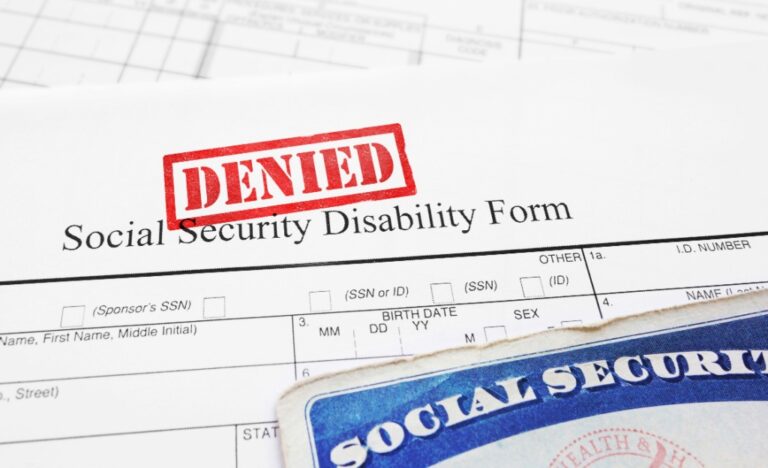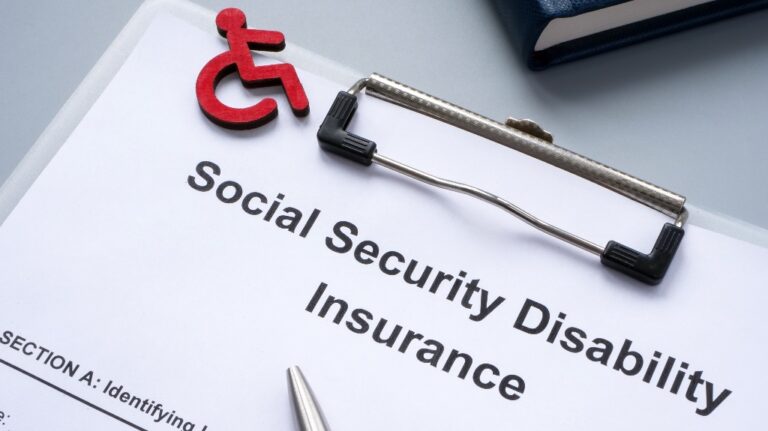Obtaining the correct medical evidence not only reduces the amount of time it takes to process your case, it also greatly increases the chances of approval. If you’re applying for SSI or SSDI for the first time or need more evidence for your appeal, it’s helpful to know the importance of medical evidence and the role it plays in winning your case.
Medical Evidence and Social Security Disability
Once you’ve determined that you’re eligible for benefits, it’s time to start building your case. Your medical evidence must prove to the SSA that you have an impairment that affects your ability to perform work-related activities. To do that, you must gather documentation like test reports and other medical records, also known as objective medical evidence. The evidence should come from an acceptable source, such as a licensed medical doctor, counselor, or surgeon. However, instead of saying that you are disabled, they’re providing proof.
This evidence should include symptoms of your disability, how it affects your ability to work, and how your daily life is impacted. Although the SSA can request more information, it’s helpful to have everything put together ahead of time. Gathering sufficient medical evidence saves time and effort for the SSA and can keep your case from unnecessary delays. If you’re unsure about what evidence to include and exclude, you might consider consulting an expert like a Social Security disability attorney to help you put together evidence that proves your claim.
From there, the SSA will review your evidence to determine the severity of your disability. This step is important because not all conditions on the SSA’s list mean an approved claim, so you must show the extent of your disability. You should include nonmedical evidence to support the medical evidence, including statements from caregivers, family members, employers, and others.
What If the SSA Requests More Evidence?
If the SSA determines that your medical evidence is inadequate, they may request further exams or testing from your own medical source; in other cases, they could outright deny your claim. It’s important to provide sufficient medical evidence the first time so that you can start receiving needed benefits sooner and avoid the appeals process. For most, the thought of gathering medical evidence to present to the Social Security Administration (SSA) is overwhelming. Symptoms of a disability can go back years, making some records difficult to obtain. Knowing what evidence is relevant to your case can be difficult; what may seem like obvious proof to you may not be so clear to the team reviewing your case.
Contact L. Jennings Law About Your Disability Case
A social security disability attorney can help you understand which medical evidence is most important and put together the type of evidence that wins cases. Are you ready to speak to a Social Security disability attorney about how to be approved for benefits? The experienced law team at L. Jennings Law is here to help. Whether you’re applying for the first time or are planning to appeal a denial, we can assist you throughout the entire process to make sure you get the benefits you’re entitled to.
Schedule a consultation to discuss your disability case with L. Jennings Law today.





